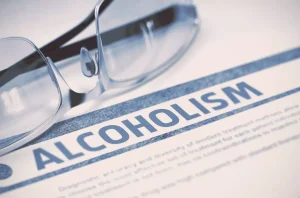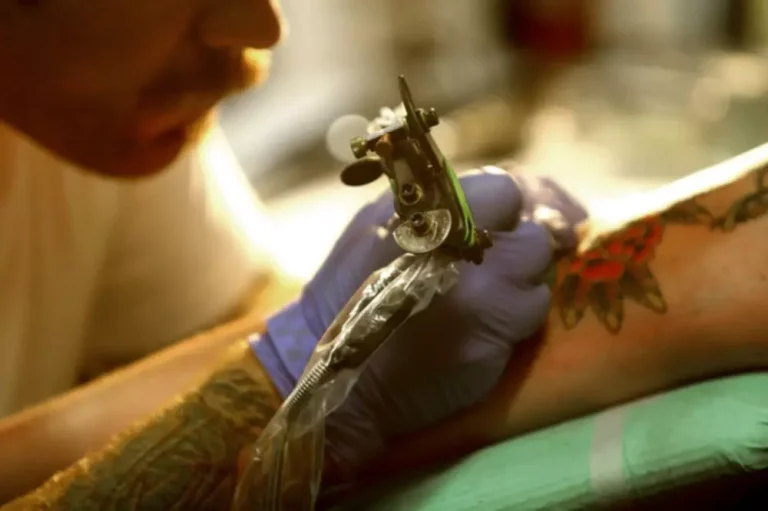
Once the initial symptoms of withdrawal have subsided, you may find that you have more energy than you did before you stopped drinking. This is because alcohol is a depressant, so when it’s no longer in your system, your body has more energy to work with. One of the best sleep without alcohol things about giving up alcohol is that you may find yourself feeling happier overall. This is because alcohol can cause depression, anxiety, and other mental health problems. Like other symptoms, the impact on mood depends on the amount and duration of your alcohol use.
- Besides just waking you up a lot, alcohol can disrupt your normal sleep patterns enough to create some longer-term issues you may need to address.
- Alcohol is highly effective at suppressing melatonin, a key facilitator of sleep and regulator of sleep-wake cycles.
- Some people feel like they can’t sleep without having a hot bath, others rely on soothing teas.
- So, giving up alcohol may help you to improve your relationships with friends and family.
- It also explores why you might feel like you can’t sleep sober and what you can do to cope.
New Study Suggests Sleep Resets the Brain Like a Computer
- These should be used responsibly and ideally, under the guidance of a healthcare provider.
- Alcohol also affects people with central sleep apnea (CSA), which occurs when the brain periodically stops sending certain signals involved in breathing.
- While you don’t have to avoid places and situations where you usually drink alcohol altogether, some people do prefer to do just that (42%).
- Difficulty sleeping, particularly when a person feels that they can’t sleep sober, may increase the risk that they will relapse.
- But even a regular, moderate routine of two to three drinks a day is enough to create sleep and performance problems for many people.
- Even if they’re on a detox plan with a significant amount of tranquilizers, their levels can be up to 170.
- In my opinion, abnormal liver function is a sign to stop drinking completely, immediately.
That’s because as alcohol starts to metabolize, the sedative effect wears off. Sure, that nightcap, last glass of wine or beer before bed may help you feel sleepy. But it can actually end up robbing you of a good night’s rest — or worse, could cause some challenging sleep problems. Siestio is an evidence-based resource dedicated to sleep and wellbeing. Whether you’re affected directly or indirectly by sleep issues, we’re here to help. While medicine can help with sleep problems short-term, much like alcohol, it has various long-term side-effects.

You May Feel Happier

Your dietary choices significantly affect the quality of your sleep. Consuming balanced meals throughout the day, avoiding caffeine, sugar, and heavy meals close to bedtime can go a long way in improving sleep quality. On the flip side, individuals who’ve had a more gray area drinking pattern and who maintain a healthy lifestyle may find the insomnia subsiding in a comparatively less span.
Eve Sleep microfibre pillow review: Like sleeping on a cloud
Maintaining a consistent sleep schedule sets your body’s internal clock. Try to go to bed and wake up at the same time every day, even on weekends. Regularity can dramatically improve your sleep quality and simplify how to sleep when not drinking. How much alcohol you drink and when you drink it can both influence sleep.
Personal Relaxation Methods
- We’ve covered more on the effects of alcohol on your sleep here, including why it’s not actually a good sleep aid, despite the drowsiness you might feel.
- Gill is the owner of the Sober Powered Media Podcast Network, which is the first network of top sober podcasts.
- A great first step is to speak with a therapist, trusted loved one, or a primary care doctor about your desire to make a change.
- I felt a lot of shame and guilt for my “weak-mindedness.” I was frustrated and scared, and I thought there was something wrong with me for falling back into the same old trap.
- Sleep disruptions may increase the risk that a person will feel tired, which might cause a person to reach for a drink if they feel like they can sleep sober.
However, it is also important to note that many people experiencing insomnia during withdrawal and recovery also had insomnia before they became dependent on alcohol. Many people who are recovering from alcohol use disorders had sleep problems that predated their alcohol dependence. If you drink to excess, even occasionally, you have probably experienced sleep problems.
Hidden Sleep Crisis: Unhoused Americans Struggle For Their Health
While drinking can increase your feelings of relaxation, these consistent side effects can have serious implications for your mental and physical well-being. Getting a good night’s sleep is a form of positive self-care you can do every day, and it’s an excellent way to improve overall health. Creating a consistent pre-sleep routine can also be effective for dealing with insomnia after quitting alcohol.

What Happens When You Stop Drinking Alcohol?
- In fact, difficulty sleeping is one of the most common alcohol withdrawal symptoms and one that causes many to relapse.
- Focus Personal Training Institute is a nationally accredited school in New York City.
- Try breathing exercises and relaxation techniques — like diaphragmatic breathing and progressive muscle relaxation — to help calm anxious thoughts.
- Treating anxiety can help reduce insomnia and improve overall sleep quality.
- As alcohol enhances the GABA’s function, it causes a slowing of brain activity, which can make a person feel sleepy and tired.
- All respondents attested to answering the survey questions truthfully and accurately.
- Over time, drinking can also damage nerve cells and contribute to a loss of brain volume.
The most effective time of day for the body to metabolize alcohol, according to research? That’s right, the traditional “happy hour” time is actually when the body is most prepared to process that cocktail. If https://ecosoberhouse.com/article/what-brain-fog-of-alcoholism-is-and-when-it-goes-away/ that mimosa with brunch hits you particularly hard, it may be the result of circadian timing. Your deep restful sleep tends to be more prevalent in the first few hours but decreases during the second half.